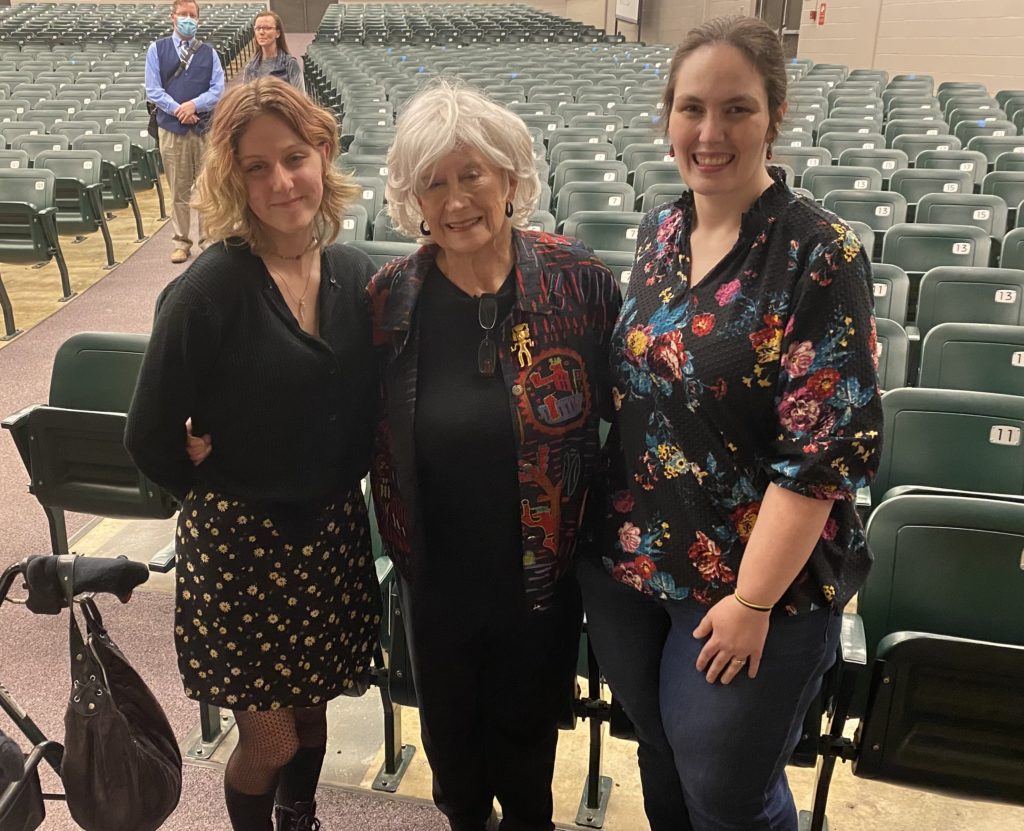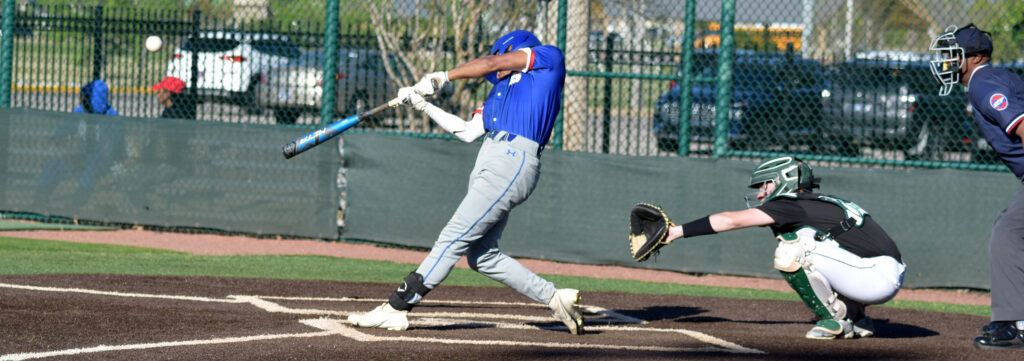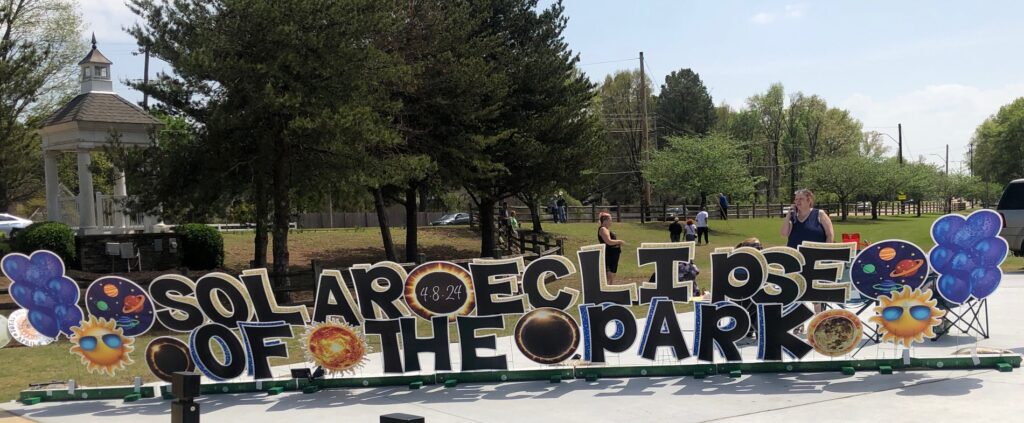
The country where she spent summers visiting her grandparents is under siege by Russian forces. Ukrainian bodies litter roads her mother used to travel growing up. The images of death, destruction and people fleeing their homes to escape the bombings show nightly on television.
When the Russian invasion started Feb. 24, Anastasia Karasev put her feelings on paper, in a poem she was hesitant to submit to a writing contest because it was so personal. But she did, and Anastasia’s poem, “Ashen,” won the LaRose Todd Creative Writing Contest at White Station High School.
Anastasia was the salutatorian at Appling Middle School and attended the Bartlett Ninth Grade Academy, but was interested in attending an optional school so she applied for a spot at White Station and was accepted.
She is “terrified” because she does not know war, but the emotions elicited in “Ashen” suggest she knows plenty.
“Anastasia’s poem was both timely and beautifully written, and we are proud that with the inaugural year of our writing prize we were able to reward such a deserving student writer,” said Ellen Dunn-Kreitlein, a creative writing and English teacher at White Station who helped organize the contest.
Larrisa Belyak, Anastasia’s mother, said her parents and family members in Ukraine are OK for now, but their lives have been turned upside down.
When Russia attacked the Zaporizhzhia nuclear power plant in southeast Ukraine, she knew they would stop at nothing and strongly encouraged her parents and sister, who has two sons, to leave and go to Poland.
Her sister tried to – her husband joined “territorial defense” to help defend the country – but the line was about 20 miles long and it took two days to advance just half a mile, so her sister turned around and luckily made it back to her parents’ farmhouse outside of Zhitomir in northwestern Ukraine.
Her parents have avoided bombings thus far.
“The Russians bomb big cities mostly,” Larrisa said.
Eventually, Larrisa’s mother, sister and her two sons tried again and made it to Poland, staying in a refugee center for a couple of days. Many Polish residents are offering homes for refugees and her four family members were offered an apartment and now live in a small town near Krakow.
“They are very happy because the kids have already stopped being scared of the sound of planes and are in school again,” Larrisa said. “There is some kind of sense of normalcy, at least for the kids.”
Her father refuses to leave his home. He is not in great health and has taken in refugees bombed out of their homes, so he is staying put, she said.
Larrisa and her Bartlett family are still adjusting as well.
In the first weeks after the invasion, she could not talk about it.
“I don’t even remember myself in those first weeks,” Larissa said. “It is such a state of shock, and terror, and absolute helplessness.
“Every time someone would say a word, I would just start crying,” she said.
Weeks later, it’s not much better, but “the mind adjusts a little bit. At least now I can talk about this without crying.”
The annual LaRose Todd Creative Writing Contest was established recently by 1966 White Station alum Alan Lightman, who was a writing student of Todd’s and was so inspired by his teacher, he went on to have to a successful writing career. He even asked Todd to review some of his work before it was published.
With a grand prize of $500, the contest is open to all juniors and seniors who submit one piece of fiction, creative nonfiction, or poetry that is judged by a panel of White Station English teachers.




